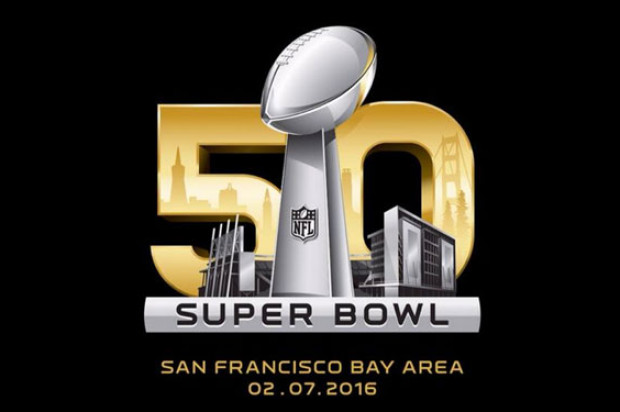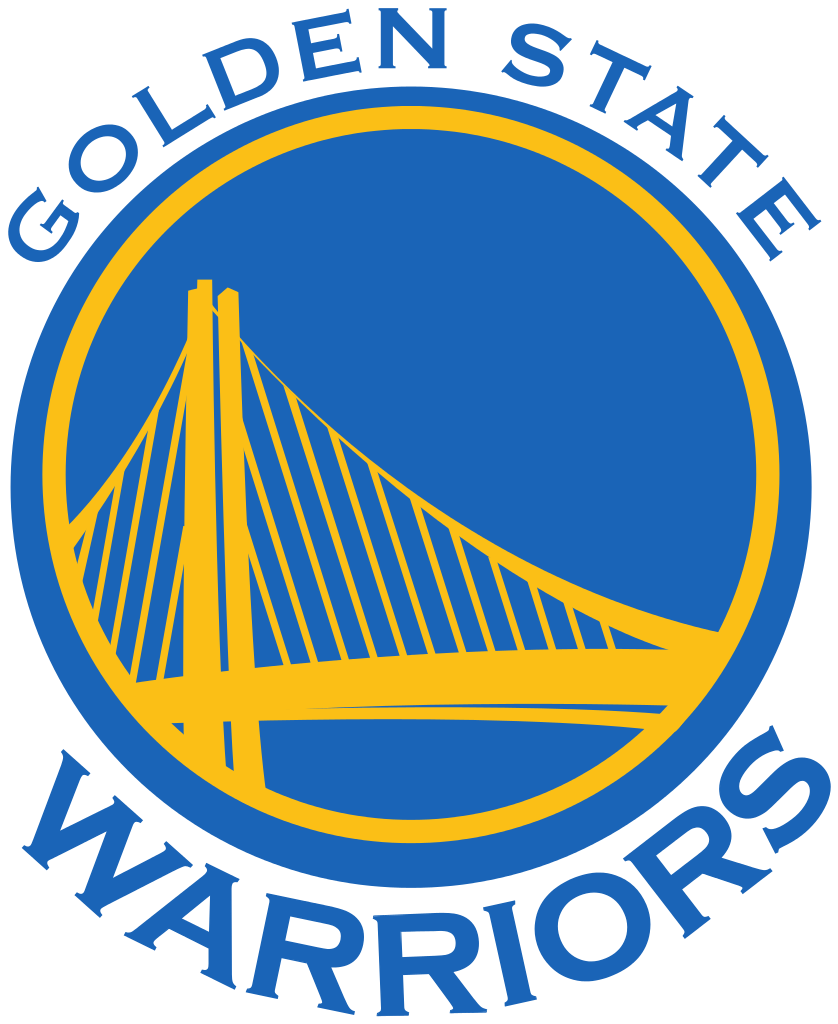
Criticism of San Francisco’s planned Super Bowl celebrations continued to mount today as several supervisors issued a call for the city to seek restitution for Super Bowl costs and street vendors who will be displaced by the event said they faced potential ruin due to lost revenue.
Supervisors John Avalos, Jane Kim and Aaron Peskin today said they would introduce an emergency resolution at next Tuesday’s board meeting calling for the city to renegotiate with the NFL and seek reimbursement for costs related to Super Bowl 50 celebrations.
The resolution follows the release of a budget analyst’s report on Friday that found that while the City of Santa Clara, which is hosting the actual Super Bowl, successfully negotiated for reimbursement of its costs, San Francisco is on the hook for nearly $5 million.
“Apparently the City of Santa Clara is the city that knows how, insofar as the Super Bowl has committed to reimburse them for their costs,” Peskin said today. “San Francisco needs to follow Santa Clara’s lead. Now.”
Avalos said supervisors were assured during the budget process last year that Super Bowl costs would be covered, but that they had been unable to get clear cost estimates out of the mayor’s office as recently as last month. Estimates released in early January, which placed city costs at $3.5 to $4 million, have already been revised upward to $4.8 million, according to Friday’s report.
While Super Bowl 50 will be played at Santa Clara’s Levi’s Stadium on Feb. 7, more than 1 million people are expected to attend Super Bowl-related events in San Francisco between Jan. 30 and Feb. 7. The city is hosting Super Bowl City, a free fan village, The NFL Experience, an interactive theme park at Moscone Center, and a media center.
P.J. Johnston, spokesman for the Super Bowl 50 Host Committee, said Santa Clara negotiated reimbursement because it is prohibited by local law from using public funds for some gameday costs. However, the city will spend some public money on promotional events and other costs not associated with the stadium itself.
In San Francisco, Johnston said the committee will pay for the cost of putting on the actual public events, while the city will cover the cost of expanded city services such as public transportation and police and fire “as it would for any large public event, such as Chinese New Year, Pride or Fleet Week.”
“The city will more than make its money back through the dramatic increase in hotel and sales taxes,” Johnston said, saying economic benefits would be “in the hundreds of millions.”
Avalos and other supervisors, however, were dismissive of those projections, noting that other events such as the America’s Cup had ended up falling short in the past.
“We always get those trickle down projections and they really don’t pan out,” Avalos said.
Regardless of whether the city as a whole benefits, some small business operators said today they would be harmed by the events.
Vendors who normally operate on Market Street, including food carts, shoeshine stands and street artists, will be displaced by Super Bowl events.
Stan Roth, who operates a food cart business, said he only just learned yesterday that the site at Market and Drumm streets for which he holds a permit will be closed off during the Super Bowl celebrations and he might lose access. Roth said he wants to work with the city, but would appreciate any help in relocating or reimbursement for lost business.
“If they shut me down for three weeks, it would be a disaster,” he said.
Mike Addario and Michael Trachiotis, both street artists, said the community of people who sell their wares at the Justin Herman Plaza arts market have been shut out of the Super Bowl events. The 120 or so street artists, many of whom are elderly or disabled, cannot afford the lost revenue, they said.
“The city is touting the financial benefit of these events, but the reality is that many small businesses will actually suffer the reverse,” Addario said.
Supervisors today said they were unaware of any efforts to reimburse or assist businesses displaced or harmed by the Super Bowl events. Johnston, when asked, said only that the city and host committee had been in communication with neighborhood merchants “for more than a year” and reiterated that the event would be a “boon to businesses, large and small, throughout the city and region.”
The mayor’s office did not immediately respond to a request for comment this afternoon.
Sara Gaiser, Bay City News









